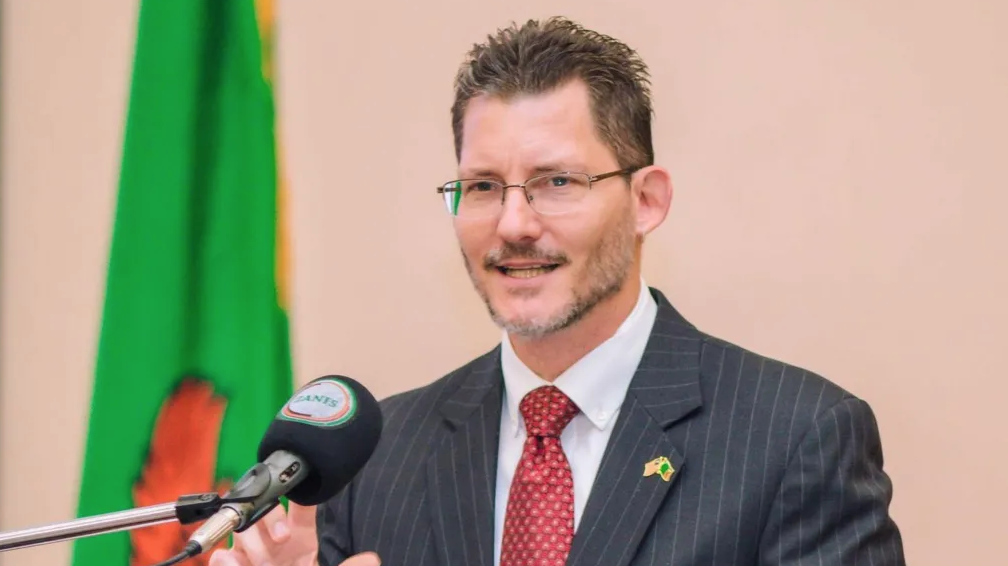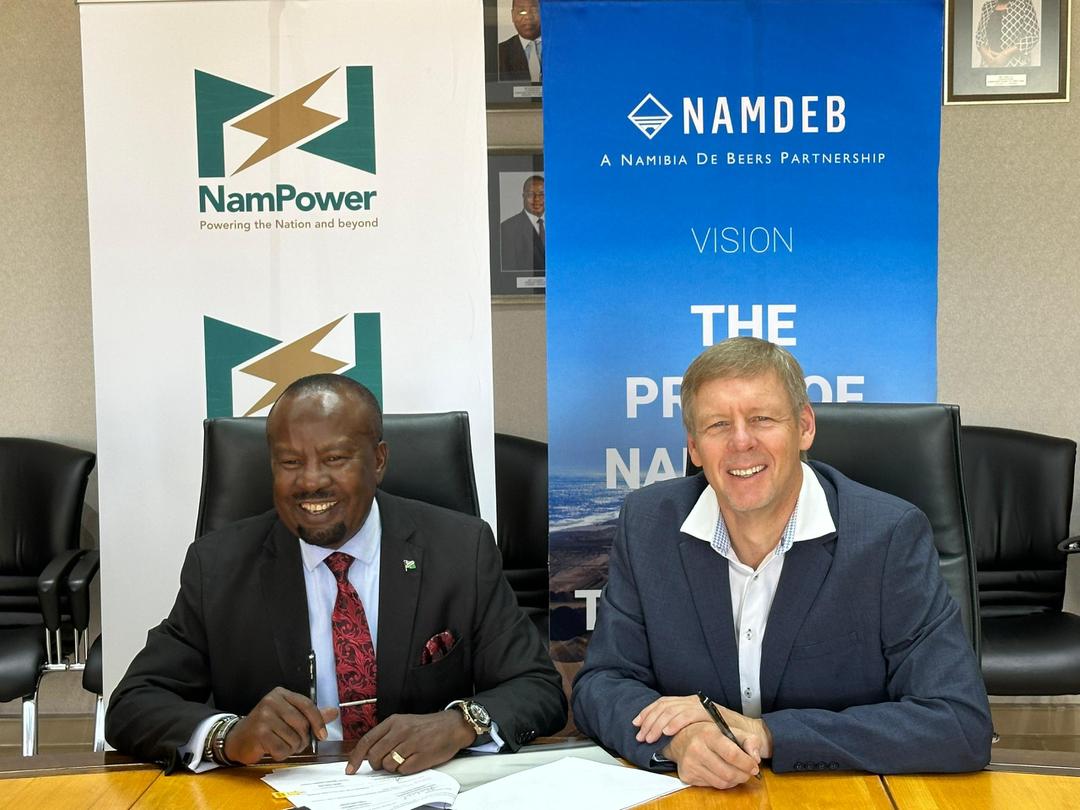OPPOSITION parties in Namibia are weak and passive, lack funding and do not have proper administrative structures, a local academic has said.
Presenting the results of a study on the topic yesterday, Professor Bill Lindeke of the University of Namibia (Unam) said that the opposition appeared to only spring into action every five years, just a few weeks before national elections. The overwhelming majority of the ruling Swapo Party in Parliament was a big dampening factor for the opposition and left limited room for action, Lindeke said at a discussion forum organised by the Hanns Seidel Foundation.”The executive, being Cabinet ministers of the ruling party, also dominate the seats in Parliament,” Lindeke said.He acknowledged, however, that the ruling Swapo Party had steered matters well as a Government since Independence in the broader sense of democratic governance.”Since opposition parties are so small, the private sector hardly supports them or aligns with them.Companies also fear that they might lose business and don’t obtain Government tenders when they openly support the opposition,” Lindeke observed.Also present were the leaders of all six opposition parties represented in the National Assembly, who gave their views on the situation.Henk Mudge of the Republican Party (RP) stated that money was the most limiting factor bogging down the activities of the opposition, while intimidation of opposition party members was another serious issue.”We experience that especially in the Caprivi and the Okavango Regions.When you want to organise a party meeting, you must wait until after dark, as people are afraid to be seen supporting the opposition,” Mudge stated.McHenry Venaani of the DTA said that opposition parties in Namibia could be more pro-active by providing alternative policy proposals to Government as one of their activities.He also pointed out that opposition members in Parliament had dominated debates in the past two years by tabling motions on key topics, while the ruling party only tabled five new bills during the same period.Michael Goreseb, who represented the United Democratic Front (UDF), said the ruling party had an unfair advantage because it received most of the Government funding set aside for political parties represented in Parliament.According to CoD president Ben Ulenga, political debate has become more issue oriented despite the weaknesses of the opposition.”When the CoD was formed in 1999, Swapo was the most intolerant party then (towards CoD), but nearly eight years on, CoD is becoming more legitimised.”Ulenga further observed that “the longer Swapo remains in power, the more people realise the party is not perfect.”The overwhelming majority of the ruling Swapo Party in Parliament was a big dampening factor for the opposition and left limited room for action, Lindeke said at a discussion forum organised by the Hanns Seidel Foundation.”The executive, being Cabinet ministers of the ruling party, also dominate the seats in Parliament,” Lindeke said.He acknowledged, however, that the ruling Swapo Party had steered matters well as a Government since Independence in the broader sense of democratic governance.”Since opposition parties are so small, the private sector hardly supports them or aligns with them.Companies also fear that they might lose business and don’t obtain Government tenders when they openly support the opposition,” Lindeke observed.Also present were the leaders of all six opposition parties represented in the National Assembly, who gave their views on the situation.Henk Mudge of the Republican Party (RP) stated that money was the most limiting factor bogging down the activities of the opposition, while intimidation of opposition party members was another serious issue.”We experience that especially in the Caprivi and the Okavango Regions.When you want to organise a party meeting, you must wait until after dark, as people are afraid to be seen supporting the opposition,” Mudge stated.McHenry Venaani of the DTA said that opposition parties in Namibia could be more pro-active by providing alternative policy proposals to Government as one of their activities.He also pointed out that opposition members in Parliament had dominated debates in the past two years by tabling motions on key topics, while the ruling party only tabled five new bills during the same period.Michael Goreseb, who represented the United Democratic Front (UDF), said the ruling party had an unfair advantage because it received most of the Government funding set aside for political parties represented in Parliament.According to CoD president Ben Ulenga, political debate has become more issue oriented despite the weaknesses of the opposition.”When the CoD was formed in 1999, Swapo was the most intolerant party then (towards CoD), but nearly eight years on, CoD is becoming more legitimised.”Ulenga further observed that “the longer Swapo remains in power, the more people realise the party is not perfect.”
Stay informed with The Namibian – your source for credible journalism. Get in-depth reporting and opinions for
only N$85 a month. Invest in journalism, invest in democracy –
Subscribe Now!










